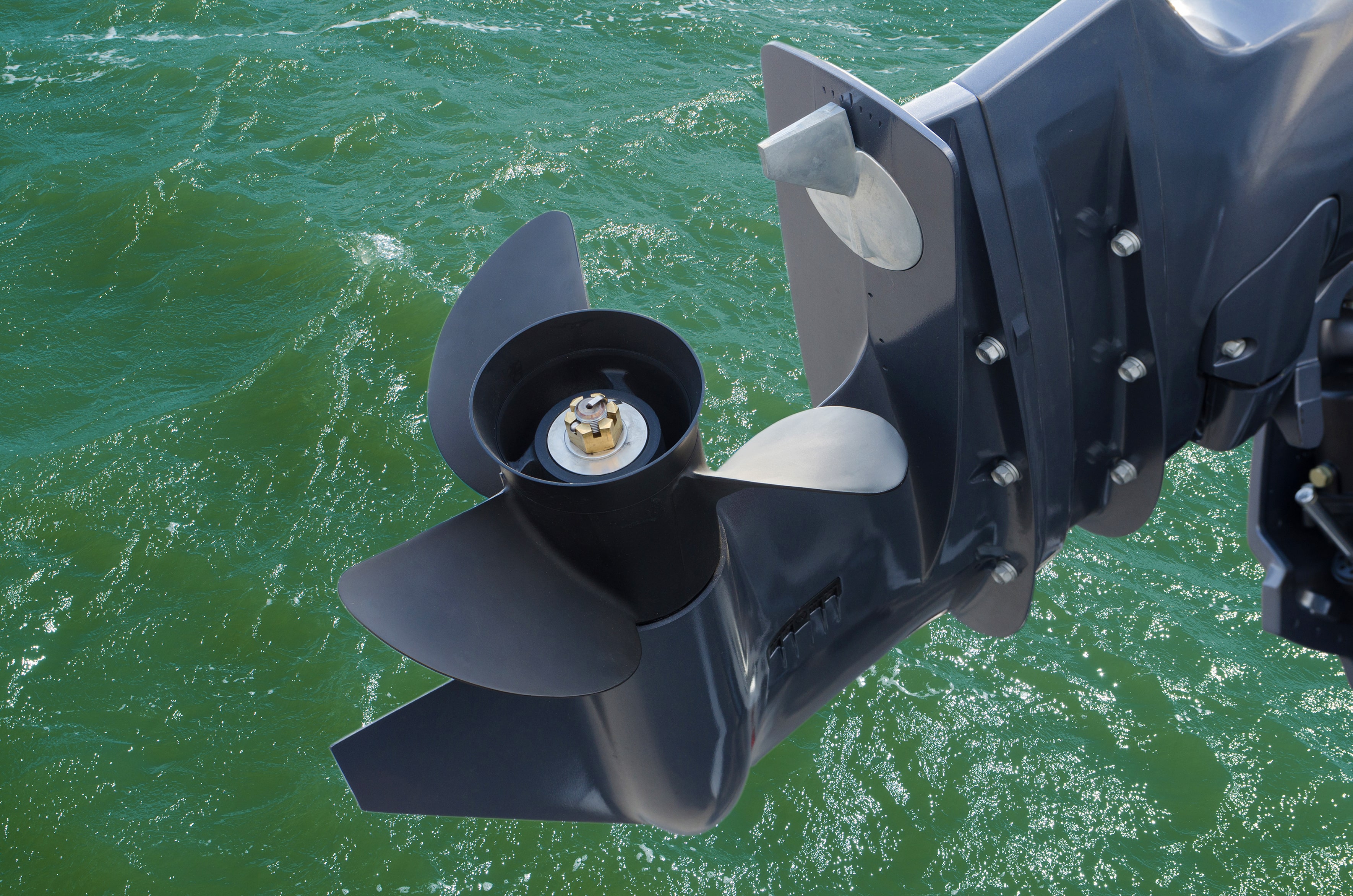The hum of a traditional gasoline outboard is a familiar sound on the water, but a new, quieter revolution is steadily gaining momentum: electric outboards. Once considered niche or underpowered, electric propulsion technology has advanced significantly, prompting many boaters to ask: Is repowering with an electric outboard the future?
At All Outboards, we're always looking at what powers your passion on the water. We're diving deep into the pros and cons of electric outboards as a repowering option, discussing crucial factors like range, charging infrastructure, and performance.
The Allure of Electric: Why Boaters Are Considering the Switch
The appeal of electric outboards goes beyond just novelty. They offer several compelling advantages that align with modern boating desires:
- Environmental Friendliness: Zero direct emissions mean a cleaner wake and a reduced carbon footprint. This is a huge draw for eco-conscious boaters and those operating in sensitive marine environments.
- Near-Silent Operation: Imagine cruising or fishing with only the sound of the water and nature. Electric outboards are incredibly quiet, enhancing the peacefulness of the boating experience.
- Reduced Maintenance: With fewer moving parts, no oil changes, and no fuel filters, electric outboards typically require significantly less routine maintenance compared to gasoline engines.
- Instant Torque: Electric motors deliver maximum torque from zero RPM, providing powerful and immediate acceleration, which can be a pleasant surprise for many users.
- No Fuel Handling: Eliminate the need to store or transport gasoline, reducing fumes, spills, and fire hazards.
The Practical Realities: Key Considerations for Electric Repowering
While the benefits are attractive, electric outboards come with practical considerations that need careful evaluation, especially for repowering.
Performance: Powering Your Passion
- Pros:
- Instant Torque: As mentioned, electric outboards offer immediate, strong thrust, making them feel very responsive. This can be great for quick acceleration or maneuvering.
- Consistent Power: Unlike gasoline engines that might lose power at certain RPMs, electric motors deliver consistent power across their operating range.
- Growing Horsepower Options: While historically limited to smaller boats, the market is rapidly expanding with higher horsepower electric outboards capable of powering larger vessels and achieving planing speeds.
- Cons:
- Top Speed Limitations (for some models): While acceleration is strong, some electric models may not match the top-end speed of equivalent gasoline outboards, especially for high-performance applications.
- Weight (of Batteries): While the motor itself might be lighter, the battery bank required for meaningful range can add significant weight to the boat, impacting performance and trim.
Range & Battery Life: How Far Can You Go?
- Pros:
- Predictable Consumption: Electric outboards often provide very accurate real-time range estimates, allowing boaters to plan trips with greater confidence.
- "Fueling" at the Dock: If you have shore power, you can "refuel" overnight without visiting a gas dock.
- Cons:
- Limited Range (Compared to Gas): This is currently the biggest hurdle for many boaters. The range is directly tied to battery capacity and discharge rate, which depletes faster at higher speeds. Long-distance cruising or extended full-throttle runs can quickly drain batteries.
- "Range Anxiety": Similar to electric cars, the fear of running out of power far from a charging point is a real concern for many.
- Battery Cost & Lifespan: High-capacity marine-grade batteries are expensive and have a finite number of charge cycles, impacting the overall long-term cost of ownership.
Charging Infrastructure: Where Do You Plug In?
- Pros:
- Home Charging: Conveniently charge your boat at home or at a dock with shore power.
- Growing Network: Marinas and coastal communities are slowly expanding charging facilities, though it's not yet as ubiquitous as gas stations.
- Cons:
- Limited Public Charging: Dedicated marine charging stations are still relatively scarce compared to fuel docks, especially in remote areas.
- Charging Time: Recharging large battery banks can take several hours, limiting quick turnarounds for extended trips.
- Power Requirements: Some high-capacity chargers may require specific shore power connections that aren't universally available.
Cost & Investment: The Upfront Price Tag
- Pros:
- Lower "Fuel" Costs: Electricity is generally cheaper than gasoline, leading to significant long-term savings on operational expenses.
- Reduced Maintenance Costs: Fewer moving parts mean less money spent on oil changes, spark plugs, and complex engine servicing.
- Cons:
- High Upfront Cost: Electric outboards and their associated battery banks currently have a significantly higher initial purchase price than comparable gasoline outboards. This is the primary barrier to adoption for many.
- Installation Complexity (for Repowering): Repowering with electric may require modifications to the boat's electrical system, battery mounting, and weight distribution, adding to installation costs.
Is Electric Repowering the Future?
The answer isn't a simple yes or no; it's "yes, for many, and increasingly so."
Electric outboards are rapidly evolving, with manufacturers investing heavily in improving battery technology, increasing range, and bringing down costs. For specific boating applications—like quiet cruising in no-wake zones, short-distance fishing, or operating in environmentally sensitive areas—electric outboards are already a superior choice.
For long-range offshore fishing or high-speed performance, gasoline outboards still hold the advantage. However, as charging infrastructure expands and battery technology continues its rapid advancement, the gap will undoubtedly close.
At All Outboards, we believe understanding these evolving technologies is key to making the best choice for your boating needs. Whether you're considering the quiet revolution of electric or the proven power of gasoline, we're here to provide the information to help you. Explore our guides to learn more about the future of marine propulsion!
Subscribe to our newsletter and receive a selection of cool articles every weeks.


.png)
.png)
.png)
.png)

